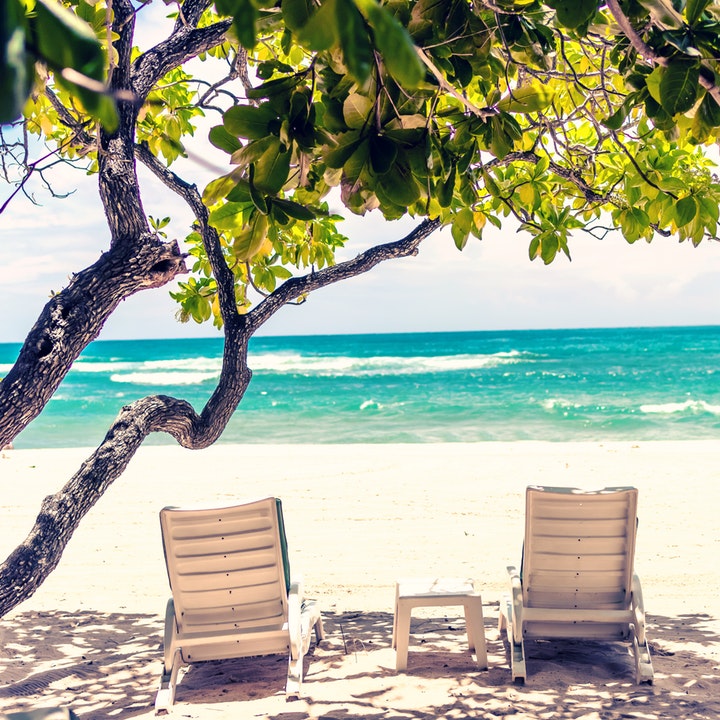For too long the Caribbean has been marketed as paradise for mostly white tourists to enjoy without actually facing the realities of the country. Backs turned to the actual destruction that this kind of tourism does to the country, tourist boards encourage travelers to gaze on the pristine beaches and glittering waters. Without a doubt, it is a very pretty scene. Unfortunately though, it has some very dire consequences that underserve the communities in mass.
When we think about the best that the Caribbean has to offer, the imagination stretches beyond crystal clear waters and pristine beaches. In fact, it must, in order to honor the livelihood of local people. Many local people hardly benefit from the narrative of ‘sea, sun and sand’ since many of the beaches are exclusive to tourists and prevent Caribbean people from enjoying their own land.
We decided to interrogate an alternative way to mindfully enjoy the Caribbean in a way that is sustainable for future generations. Choosing to lean further into the true essence of the Caribbean means acknowledging the differences, nuances and shared visions that the region has. Here are some things to consider:
Local tourism or nothing
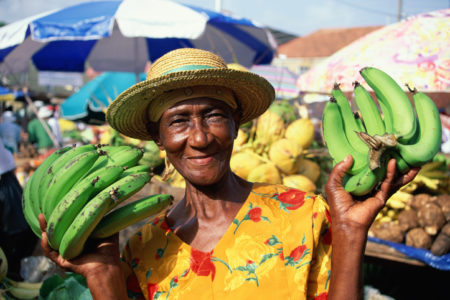
There is so much life beyond the resorts in the Caribbean, this we know.
Nowadays, the idea of a luxurious island getaway doesn’t have to look like a week locked away at a resort without actually speaking to any Caribbean people. While this option is certainly available for those wanting, it is simply not the only one. There are other less harmful, more mindful ways of navigating tourism that allows for more connection and experience. As ever, we’re keen for Black travelers everywhere to enjoy the Caribbean by supporting local, Caribbean people.
Whether renting from a locally run accommodation, choosing a local guide or going off the beaten path to discover locally run tours such as this farm-to-table cocoa tour in Grenada, there is enough variety.
Despite what we have been taught to understand about tourism in the Caribbean – there is much for tourists to safely enjoy and growing opportunities to access them. Who better to introduce you to the secret spots of the destination than a local who was raised on the land?
Suggested reading: Maison Carib: The Black Woman-Owned Travel Business Empowering Local People In Martinique
The Caribbean is an ideal location for sustainable and off-grid living

More than ever, natural, sustainable and off-grid living is moving more into the mainstream. The Caribbean is surely one of the best locations for Black travelers to pique their interest in a life in nature. While the beaches are beautiful, the jungles, the rivers and the hills of the Caribbean deserve just as much attention. Seeking out off-grid Airbnb experiences or rentals run by Caribbeans is a good place to start.
Creating time to learn and maintain ancestral (and so, inherently, environmentally conscious) techniques to live in harmony with the Earth is another way to experience the Caribbean.
Suggested reading: The Black Expat: I Moved From NYC To The Mountains In Jamaica To Create A Safe Space For Single Black Mothers
Steeped in culture
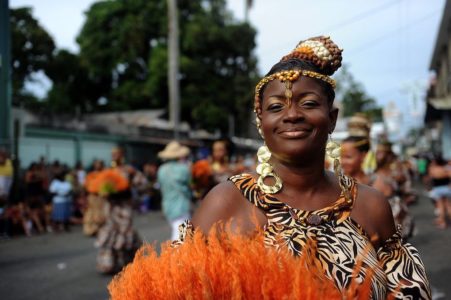
It truly doesn’t need to be said, but just in case; the Caribbean is one of the most culturally diverse and exciting locations in the world. A trip to any destination is sure to expose you to a variety of lifestyles, identities, belief systems and more. Incorporating time during your Caribbean vacation to visit an indigenous cacao region with a local guide or taking a class to learn the region’s Creole are a few ideas to get you immersed in the culture.
Suggested reading: Duolingo Added Haitian Creole For Learners And Is Promoting Haitian Restaurants Across U.S.
The Caribbean is vast
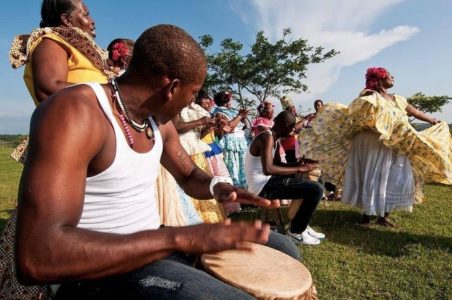
On that note, a key part of advancing the tourism prospects in the Caribbean is acknowledging how vast it is. The migration of Caribbean peoples around the world is also an important aspect to keep in mind while preserving Caribbean culture.
We mean this in all senses; acknowledging the vastness in location — remembering the Caribbean locations in Central and South America for instance. We also include the Caribbean diaspora in this respect, such as the Caribbean settlement in Britain. Recognizing this allows for more union, and crucially, more inclusivity in the conversation.
Suggested reading: Why Every Black Traveler Should Add Isla Bastimentos, Panama To Their Must-Visit List
Shifting from Eurocentric to Caribbean-centred perspectives
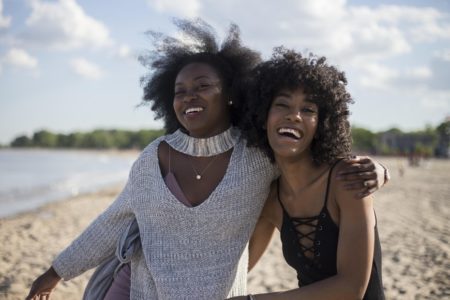
There is lots of work being done to ensure that tourism regains its true Caribbean nature. While the beautiful beaches are absolutely worth mentioning, we know they’re not the only thing on offer. The rebellious and lively nature of this part of the world deserves to be known for far more than sea, sun and sand. Inviting conversation that values what and where Caribbean people want to showcase is the only way forward.
With Jamaica Kincaid’s iconic essay ‘A Small Place’ readily in mind, this is an exciting time to witness the reshaping of the Caribbean as we know it.
Suggested reading: Barbados Names New President And Will be Free Of British Colonial Rule Next Month
